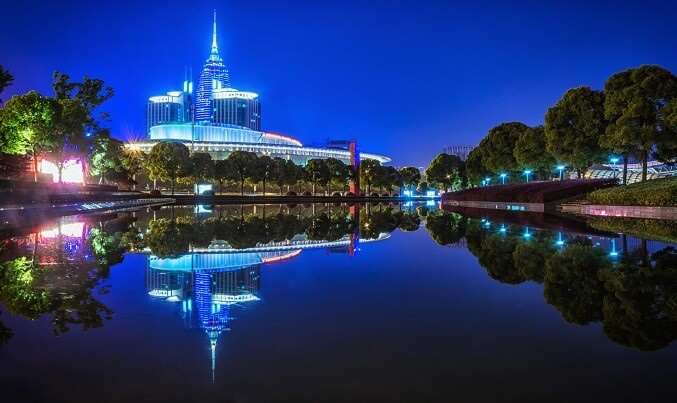A new global threat has been discovered, causing disorder in the environment and agriculture sector: artificial light.
A study by the researchers from University of Bern in Switzerland discussed about the adverse effect of artificial light, particularly street lights, to nocturnal pollinators. In the study, researchers installed street lights in a field of cabbage thistle plants to find out if artificial light does hamper the natural process of pollination.
Pollination is the process by which a pollen grain is transferred from the male anther of a flower to the female stigma—enabling fertilization. Pollination is a vital process for crop production which is essential for the global food supply.
In the field with no artificial light, the researchers found that there were almost 300 insect species visiting cabbage thistle plants, whereas the field with artificial light had an insect visit that is 62 percent lower.
“The amount of artificial light at night is growing by about 6 percent per year, and it has a definite effect on animals. Many nocturnal animals have very sensitive eyes, so they can be blinded and disoriented. Others may be attracted to the light and then distracted from their natural habitats. Or they may fly away from the lamp,” study co-author Eva Knop said.
With the pollinator numbers declining worldwide due to artificial light, researchers have noted a significant reduction in food production. Some species of moths and beetles also known as “night-shift pollinators” come out of the dark to fertilize, but artificial light hinder their natural process.
While day time pollinators could compensate for the decreasing number of insects pollinating at night, several measures are already being considered, such as using motion-sensing lights that turn on when someone is nearby—instead of using LED lights to revert the pollination cycle.
SOURCES:
https://www.theverge.com/2017/8/2/16082726/artificial-light-pollution-pollination-ecology-nocturnal
http://www.dailymail.co.uk/sciencetech/article-4754144/Street-lights-bad-news-plants.html










